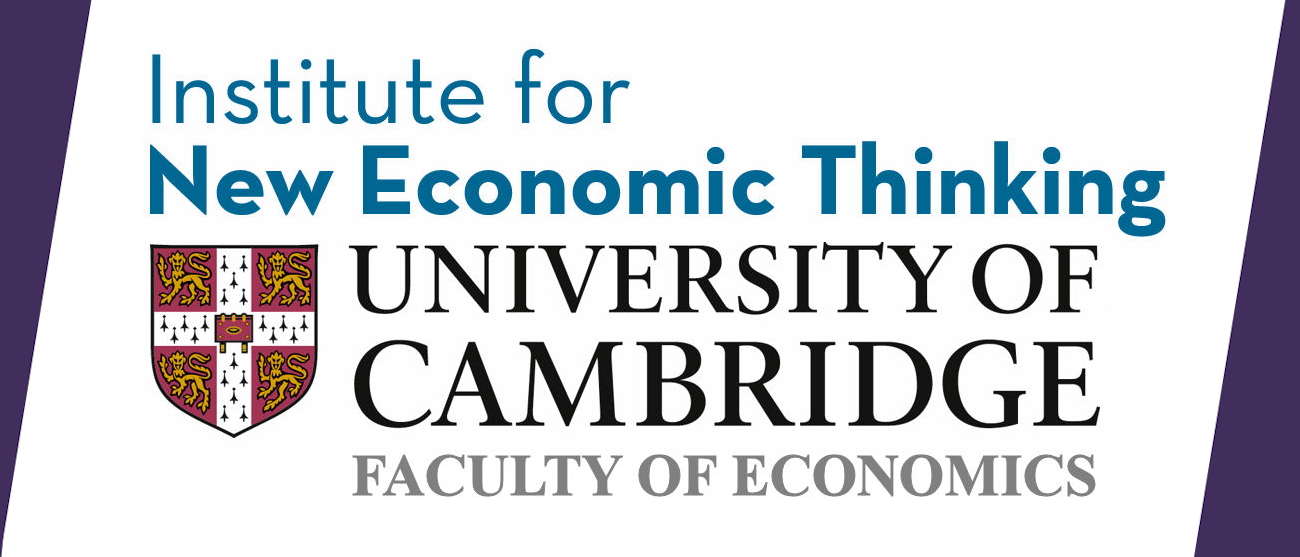Over 9 million jobs were furloughed in the UK during the Coronavirus pandemic.
Using real time survey evidence from the UK in April and May, we document which workers were most likely to be furloughed and analyze the terms. It turns out that not everyone was furloughed on equal terms. Not only were women more likely to be furloughed, they were also less likely to have their salary topped up beyond the 80% subsidy paid for by the government. Inequality in care responsibilities seem to have played a key role in the high share of mothers being furloughed. The prohibition of working whilst furloughed was routinely ignored, especially by men who can do a large percentage of their work tasks from home.
Considering the future, furloughed workers without employer-provided sick pay have a lower willingness to accept a pay cut to return to work, as do those in sales and food preparation occupations. Compared to non-furloughed employees, furloughed workers are more pessimistic about keeping their job in the short to medium run and are more likely to be actively searching for a new job even when controlling for detailed job characteristics. These results have important implications for the design of short-time work schemes and the strategy for effectively reopening the economy.
Figure 7: Percentage of usual hours worked while furloughed by the percentage of tasks that could be done from home
Notes: The graph shows the percentage of typical work hours worked last week by respondents who are currently furloughed by the percentage of tasks one can do from home. Survey responses for the April and May survey waves are pooled in this figure.
Read the paper in full:
Furloughing, Abi Adams-Prassl, Teodora Boneva, Marta Golin, and Christopher Rauh (Cambridge-INET Working Paper 2036).
Dr. Rauh's research was featured in the following media outlets:

About the author
Dr. Christopher Rauh is a University Lecturer at the Faculty of Economics, University of Cambridge. His research interests are in Macroeconomics, Political Economy, Labour Economics.









